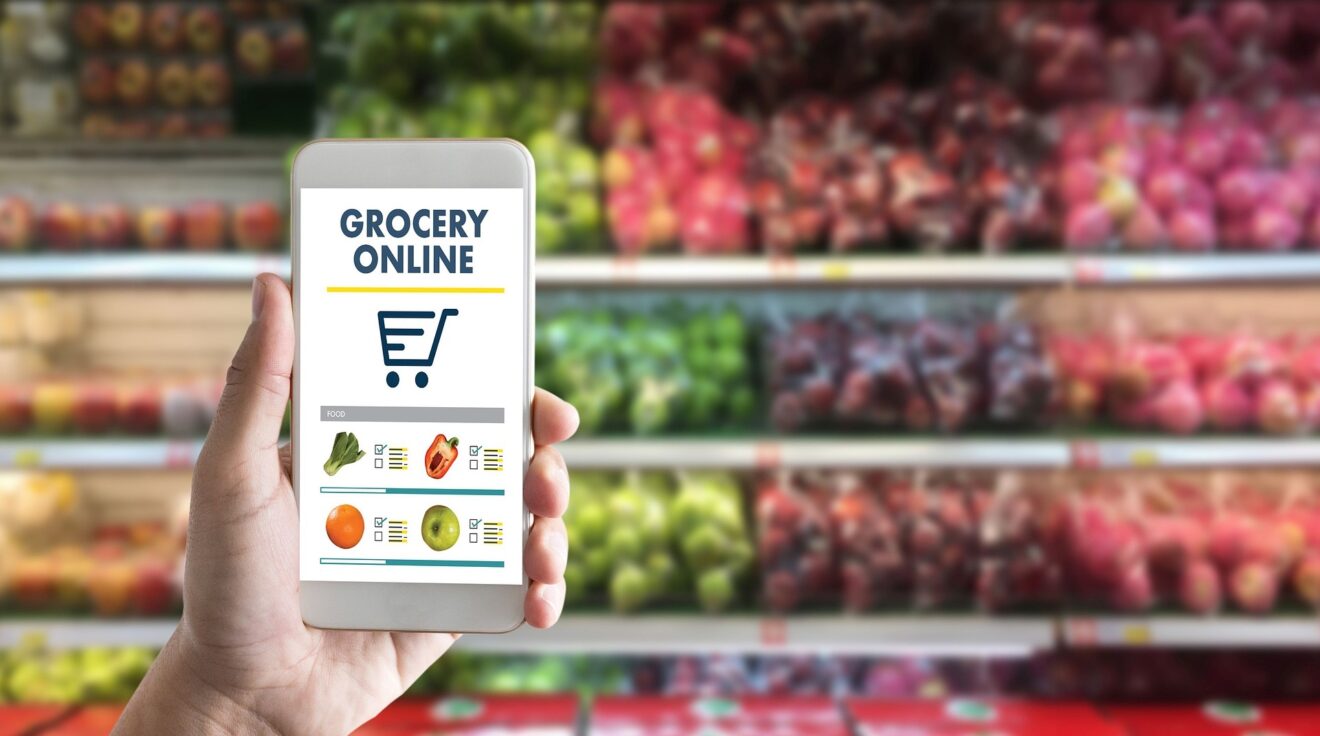From automation to food waste, customer engagement to digital value creation, these six startups are making a name for themselves in grocery technology: Amoobi, Hyer, Huloop Automation, OjaExpress, Sifter and Verneek. Earlier this month, executives with each grocery technology company had the opportunity to pitch their platforms at FMI – The Food Industry Association’s Midwinter Executive Conference for a chance to be named FMITech’s tech startup pitch winner of the year, which was voted on by attending FMI members.
“Retailers have been accelerating their investments across a wide range of technologies and are seeing many initiatives pay off by enhancing overall capabilities,” said Doug Baker, FMI’s vice president of industry relations. “We know from our research that most food retailers and suppliers expect their technology expenses to increase in coming years. This competition aligns with our members’ needs for creating operational and financial efficiencies in addition to enhancing the grocery shopping experience for their consumers.”
Here’s a breakdown of FMI’s winning grocery technology startup, along with the close contenders.
And the winner is …
Hyer: A hiring process automation tool
A job search app that was launched in Michigan in 2019, Hyer connects workers with job opportunities and retailers with workers for on-demand “gig” jobs such as stocking, warehousing, merchandising and more in the 27 states in which it currently operates. The hiring process automation tool was built with a three-fold mission in mind: to empower people, create and connect opportunities and support the communities it serves.
“Hyer is disrupting the labor landscape by giving people the flexibility they want, all while providing businesses with on-demand help,” said Dan DelGiudice, Hyer’s vice president of business development and partnership and former Shipt vice president. “It’s an enormous opportunity to build the future of how people collectively work.”
The other contenders
Amoobi: An AI shopper behavior monitoring system
Amoobi is a space optimization consultancy that combines in-depth customer acquisition data with retail experience to help clients understand what their customers are doing on their store floor and maximize efficiency. Founded in 2011 by Olivier Delangre, Fabrice Dossin and Laurent Gosselin, it has worked with vendors from Ahold Delhaize, ALDI, Carrefour and more.
Amoobi anonymously measures the customer path through stores using 3D sensors and uses that data to provide customers with actionable plans for improving sales, such as pointing out best-case practices and high traffic areas of retail locations, thus increasing shopper conversion.
HuLoop Automation: AI-powered hyper-automation
HuLoop Automation helps its customers integrate humans into the loop of their atomization processes in the most intelligent and efficient ways possible. Its human-centered hyper-automation software provides an artificial intelligence-powered platform that helps companies analyze how their people and technology interact and then suggest best practices for optimizing the system.
“We believe AI-powered automation can do amazing things, especially when it is blended with the strategic thinking, emotional intelligence and empathy unique to humans,” said CEO Todd Michaud. “We are in the business of unleashing the power of automation to help enterprises realize maximum value from their human capital.”
OjaExpress: Digital marketplace for cultural groceries
As the son of Nigerians whose family immigrated to the US in the 1980s, Boyede Sobitan knows how difficult it can be for shoppers to find cultural and international groceries so he created OjaExpress as a digital marketplace for discovering and shopping for ethnic groceries.
“OjaExpress brings various cultural flavors from around the world together onto one digital platform,” Sobitan told the audience at FMI Midwinter. “We serve at the intersection of food, culture and technology.”
The grocery technology platform’s operating model is one Sobitan describes as very efficient and “asset-light” and involves no shoppers or warehouses but instead is a dual-sided marketplace that allows people to discover new multicultural grocery stores. The platform connects ethnic grocers – many of whom don’t have Facebook pages or websites – with more access points and opportunities to connect with customers.
Sifter: A personalized shop-by-diet program
A platform created by the brains behind Peapod Digital Labs and a registered dietitian, Sifter is a scientifically based platform that aims to make healthy eating and cooking accessible for all grocery shoppers and at-home cooks.
Once users create a diet profile through the Sifter app, they can scan barcodes in stores to filter out foods due to allergies or intolerances. Users can also go to the recipe portion of the app, copy and paste a recipe and “sift” for specific dietary requirements while the app swaps out ingredients flagged as sensitive for the user.
Verneek: AI-assisted shopper journeys
In what was the platform’s first public conversation about its offering, Verneek shared its mission with Midwinter conference attendees, explaining that the platform uses a voice assistant called Quin to act as an expert retail sales associate to help shoppers locate items in-store, as well as help consumers with general food and nutrition-related questions.
Mike Bruening, who heads Verneek’s business development arm, explained how it can take as long as 30 minutes for shoppers to find cookies that not only fit dietary requirements but also fit their budget.
“What if, instead, it took 30 seconds?” Bruening asked.
The platform is designed to roll into retailers’ current platform architecture and integrates the store’s physical map and layout to make it easier for shoppers to find products. In addition, shoppers can even ask Quin questions such as, “I have leftover cranberry sauce. What can I make with it?” and receive a list of suggested recipes–all of which meet dietary needs.
Read more like this from SmartBrief:
- Upcycled food helps brands, consumers combat waste
- Datassential forecasts 2023 macro trends for the food industry
- 5 food and beverage trends to watch for 2023
